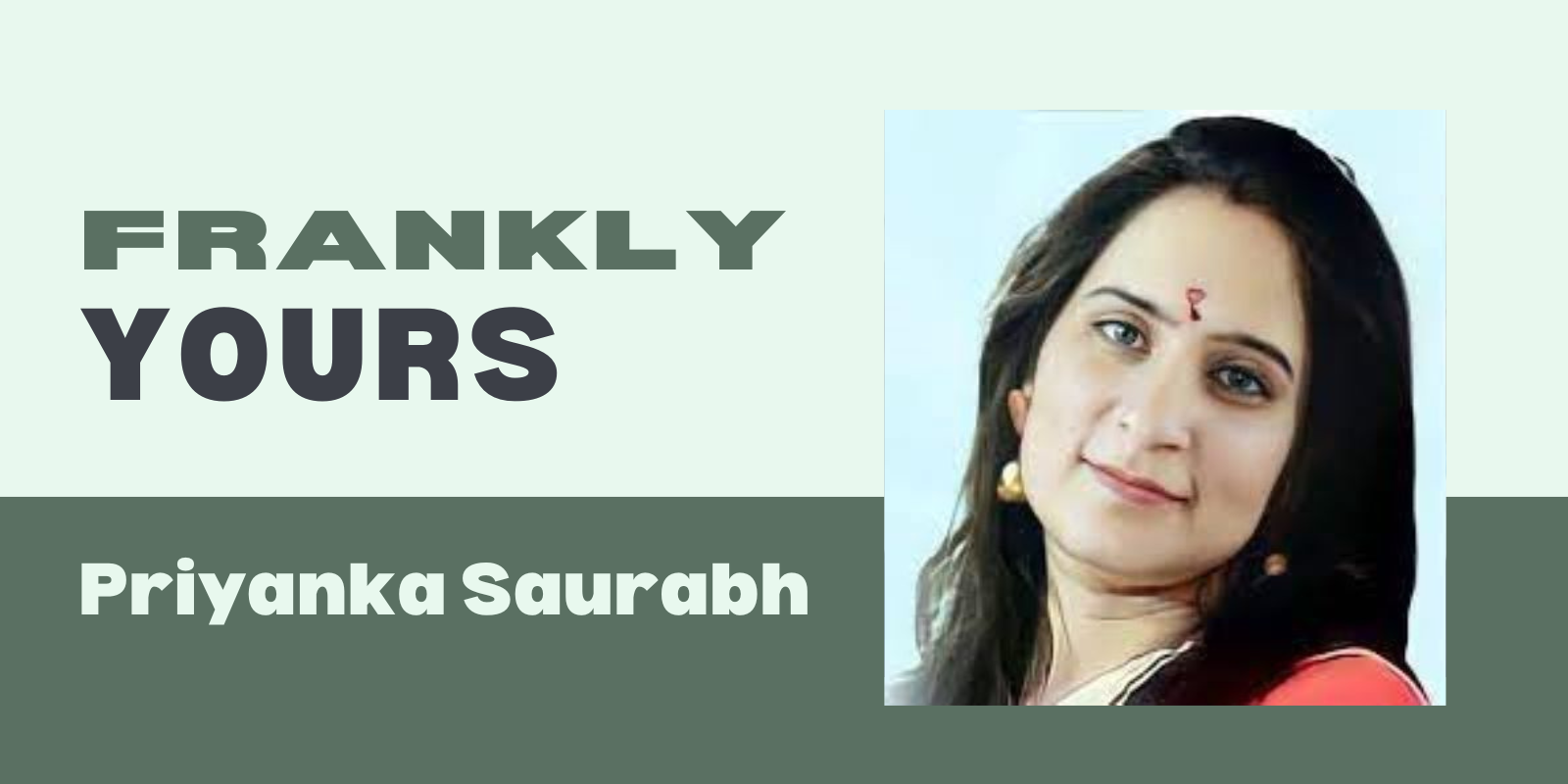“The truth of Pahalgam: The enemy is outside; the fight is inside.”
The Pahalgam attack is the result of Jihadi mentality. The Modi government has always given a befitting reply to terrorism. Political criticism diverts attention from the real source of terrorism. A society divided on caste lines will be incapable of dealing with terrorism. We must stand united against terrorism.
On one hand, India is breaking itself into pieces in the name of castes, sub-castes, ideologies, and beliefs; on the other hand, our enemies are getting organized and attacking our unity. The terrorist attack that happened recently in Pahalgam, Jammu and Kashmir, has once again reminded us that the real enemy is not within us but sitting across the border. This attack is not a conspiracy but a bloody expression of the jihadi ideology, which has been trying to drown India in blood for the past several decades.
Innocent civilians were killed in this attack, security forces were injured, and once again the same old scenes returned on TV channels—weeping eyes, blood-soaked pieces of land, and ritualistic reactions of political parties. But the most worrying thing is that this time too many intellectuals, journalists, and political analysts got busy blaming Prime Minister Narendra Modi instead of striking at the roots of terrorism.
What kind of politics is this?
Have we reached that level of mental bankruptcy where silence on enemy bullets and harsh comments on the country’s leadership have become fashionable? A question needs to be asked—did Modi invite terrorists to Pahalgam? Did he, as prime minister, encourage such attacks?
In fact, Narendra Modi is the same prime minister who announced India’s new military policy by conducting surgical and air strikes on Pakistani soil. This is the prime minister whose government gave a free hand to the” army—”Goli ka Jawab bullet se” became not just a slogan but a strategy.
Political will and security outlook
India’s surgical strike after the Uri attack in 2016 and the Balakot airstrike after the Pulwama attack in 2019 proved that India is no longer a country that only apologizes but has become a country that responds. These actions were not just proof of military prowess but of political will. After this, India’s policy against terrorism also got support at international forums.

The recent extradition of 26/11 attack mastermind Tahawwur Rana from the US is also a diplomatic victory of this government. Pakistan, which earlier used to challenge India, is today on the verge of economic bankruptcy and is pleading on global forums.
All this did not happen by chance. It is the result of a well-thought-out strategy, clear goals, and tough decisions.
But why the criticism anyway?
A large section, which maintains silence after every jihadi attack in the name of ‘secularism,’ attacks the Modi government. For them, it is important to hide the religion of the terrorists, but it is also important to put the government in the dock. This ideology has to understand that terrorism has no religion, but it has its roots in an ideology. And being afraid of naming that ideology is equal to suicide.
Those who are waging war against infidels by using a 1400-year-old book as a weapon are insulting any religion. This jihad is not ‘faith’; it is the politics of power. And it is not just the army, but the society too, that must recognize and reject it.
Society divided into castes, country unaware of terrorism
It is unfortunate that on one hand our youth are busy in social media reels and casteism debates, and on the other hand our soldiers are facing the bullets of terrorists on the border. On one hand there are debates of ‘jobs after asking caste’ and ‘bread after asking religion’; on the other hand, terrorists are firing bullets after asking religion. This is not an irony, but a warning.
Today we have to decide whose side we stand with—with those who want to tear this country apart or with those who have the courage to respond to every attack?
It’s not Modi but the mindset that is to blame.
Blaming Modi for the terrorist attack is like blaming a doctor for the death of a patient before he has even started surgery. The truth is that the Jihadi mindset, Pakistan, which fosters terrorism, and the global silence, which is keeping mum on this ideology, are responsible for this attack.
Modi has not only responded but has also vowed to bring out the terrorists and their masters from the netherworld. The track record of his government says this. So, shouldn’t we now stand united against terrorism?
A united India is the solution.
The Pahalgam attack has shaken us once again. This is not the first attack, and perhaps not the last. But if we still do not wake up, if we still keep fighting among ourselves, the enemy is sure to win. We need an India that can identify and confront terrorism, rising above castes, religions, and differences.
Have political differences, but be united on national issues. Criticize, but choose the right target. Silence on the terrorist’s bullets and noise on the Prime Minister—this is suicide.
The Pahalgam attack is a warning for us—if we do not wake up even now, the next target will be none other than ourselves. And then perhaps we will not even get time to say, “I wish we had identified the right enemy in time.”





